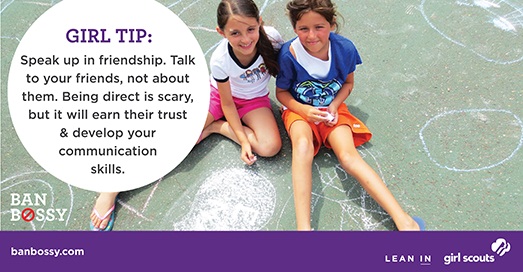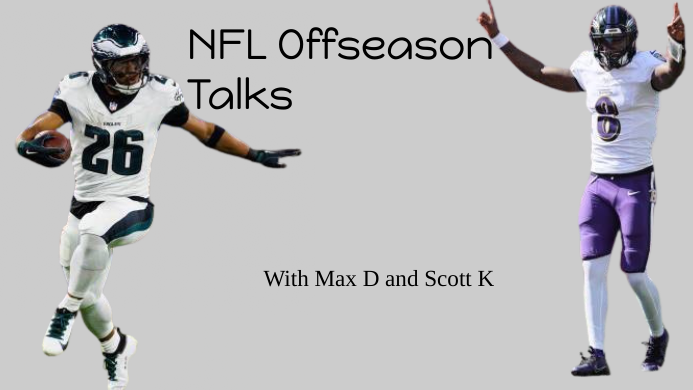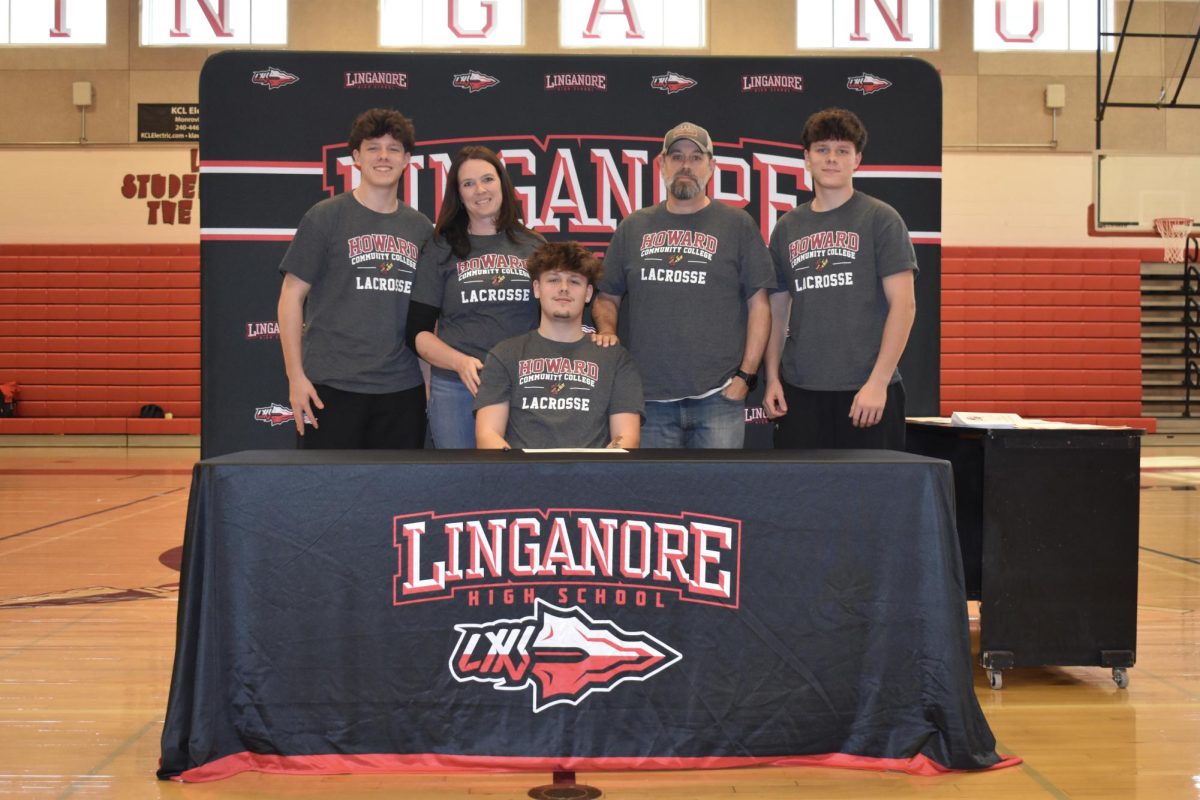Ban Bossy movement encourages young women to be more assertive

March 29, 2014
“When a little boy asserts himself, he’s called a leader. But when a little girl does the same, she risks being branded as bossy. Words like bossy send a message: don’t raise your hand or speak up.”
This is the opening of the pledge that many women and girls take when they decide to Ban Bossy.
Ban Bossy is a movement inspired by Sheryl Sandberg and her book, Lean In: Women, Work, and the Will to Lead, which is about how women are held back in the workplace and how they hold themselves back through society’s conditioning since infancy. Sandberg was inspired to write the book after speaking in a 2010 TEDTalk, a nonprofit event dedicated to spreading ideas about women leaders in business.
Unlike Sandberg’s bestseller, which is geared more towards adult women in the workforce, Ban Bossy focuses on a younger generation of girls — children and students, for the most part, as well as the adults who help them grow. It is affiliated and promoted by the Girl Scouts and features self-confidence guides for the girls themselves, as well as teachers, parents, and Girl Scout troop leaders.
According to recent statistics about women and leadership, although women earn almost 40% of MBA degrees in the United States, fewer than 20% hold leadership positions in the corporate world.
These women were once girls in high school. The Ban Bossy movement is designed to help girls make choices in their childhood and adolescence that will have a positive impact on them throughout their lives.
“More and more women are moving into positions of power,” said Mrs. Beth Sands, an English teacher, “but society can’t break the pink and blue barrier.”
[adrotate banner=”3″]
Mrs. Sands describes her own daughter’s development. Superficially, Nora, who is preschool age, appears to conform to everything that girls are expected to like: she adores princesses and the color pink. However, Nora makes her own decisions. She’s chosen to like princesses, and won’t be pushed into liking anything she doesn’t want to like.
Sands supports her daughter’s independence. “A person’s personality isn’t defined by what they like or dislike,” Sands said. A girl can be assertive (and even bossy) without adopting more traditionally masculine tastes.
Senior Caitlin Gallagher, the lieutenant commander of the NJROTC, has been called “bossy” before. However, she says it makes her feel good, and she’s not embarrassed by the tag.
“I’m obeyed by the people under me. We’ve worked together for a long time, have sort of established a rhythm to things,” she said.
Though the gender ratio of the NJROTC is uneven with more boys than girls, Gallagher says that she’s never noticed any sexism. “I treat boys and girls the same, and I’ve never been resented for being female.”





